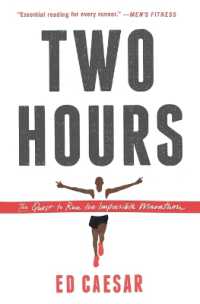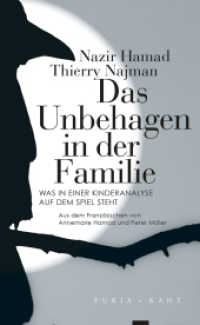- ホーム
- > 洋書
- > ドイツ書
- > Social Sciences, Jurisprudence & Economy
- > Politics, Society, Work
- > political science
Description
(Text)
Model European Union (MEU) is a simulation of European politics that provides participants with a hands-on experience of the decision-making process of the European Union (EU). Hundreds of young Europeans meet each year at multi-day MEU conferences in cities across Europe. Does this experience have a measurable and lasting impact on participants knowledge about and attitudes towards the EU? And if so, how can we theoretically and empirically explain these effects? Paul Rünz develops a framework for the analysis of European citizenship and discusses several mechanisms that could account for attitude changes of MEU participants. To answer his research question, he employs a quasi-experimental design with quantitative data from surveys with participants of MEU conferences in Strasbourg, France and in Mainz, Germany. Model European Union (MEU) is a simulation of European politics that provides participants with a hands-on experience of the decision-making process of the European Union (EU). Hundreds of young Europeans meet each year at multi-day MEU conferences in cities across Europe. Does this experience have a measurable and lasting impact on participants knowledge about and attitudes towards the EU? And if so, how can we theoretically and empirically explain these effects? Paul Rünz develops a framework for the analysis of European citizenship and discusses several mechanisms that could account for attitude changes of MEU participants. To answer his research question, he employs a quasi-experimental design with quantitative data from surveys with participants of MEU conferences in Strasbourg, France and in Mainz, Germany.








